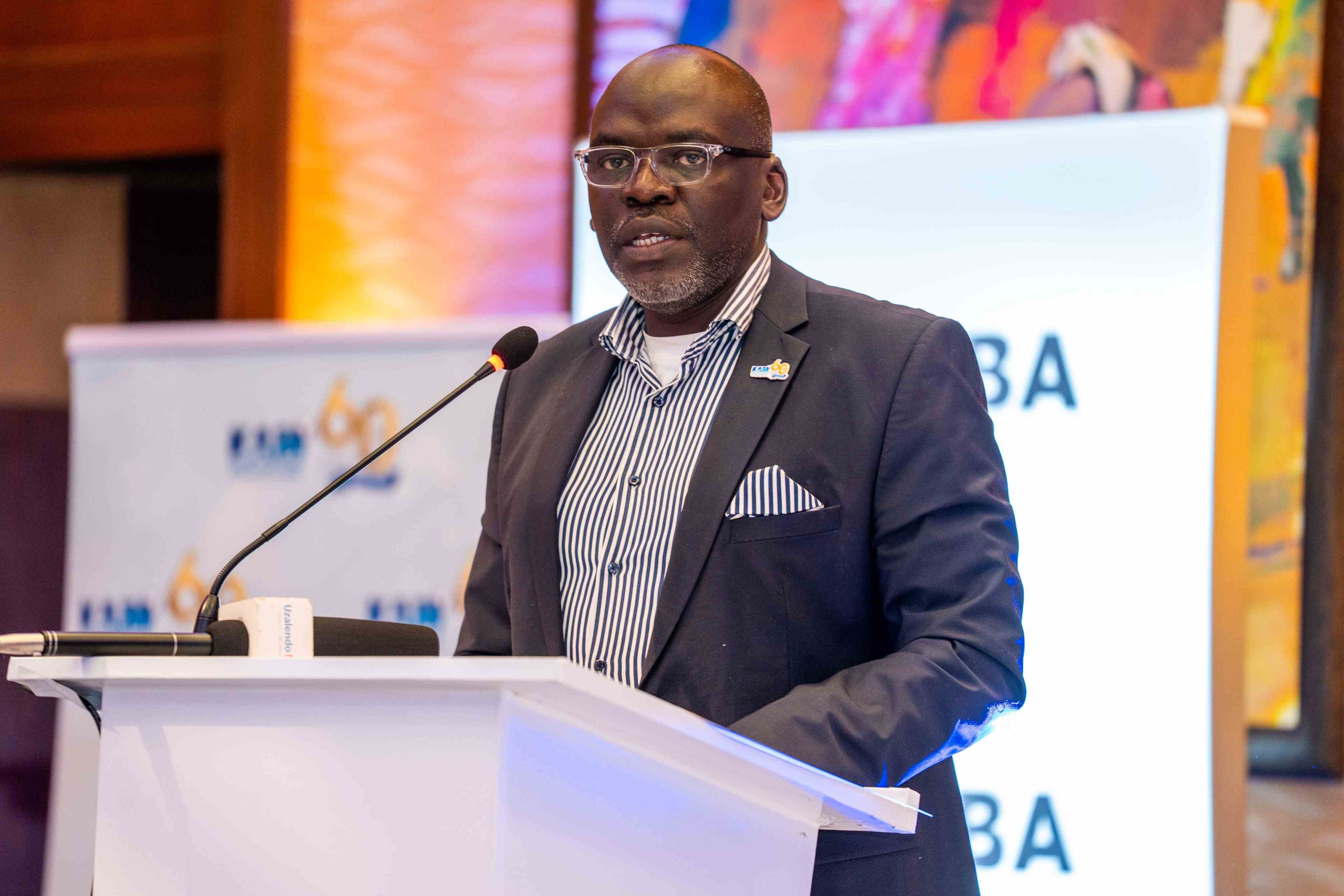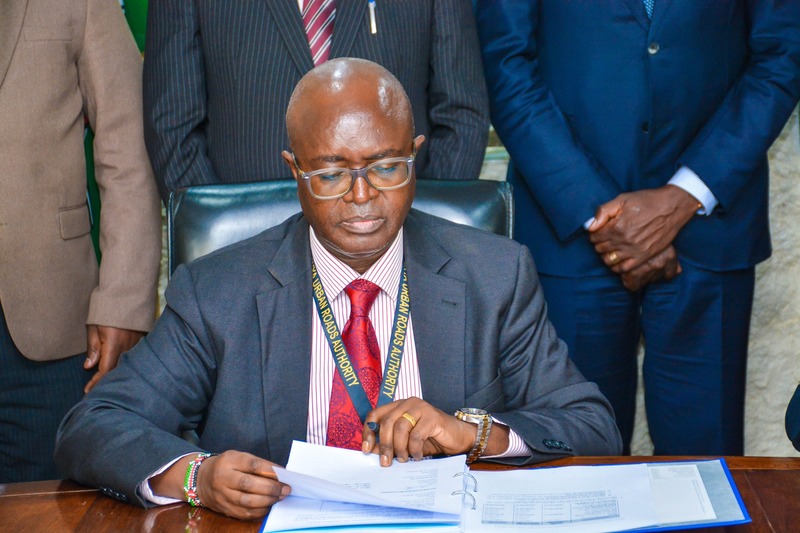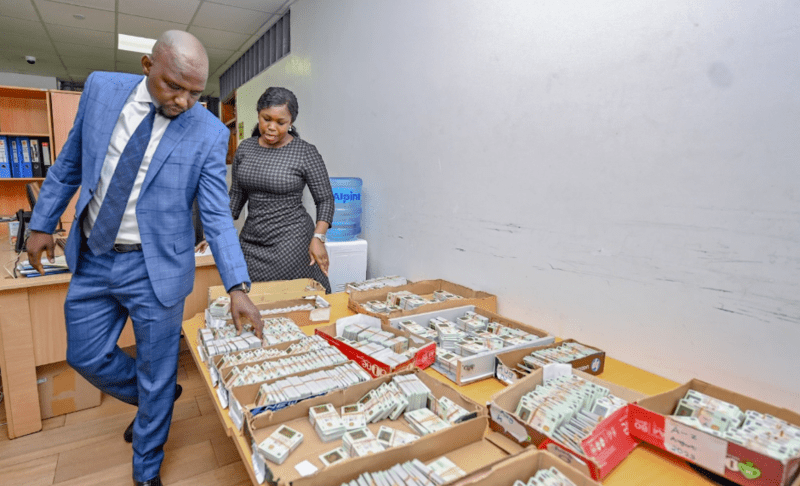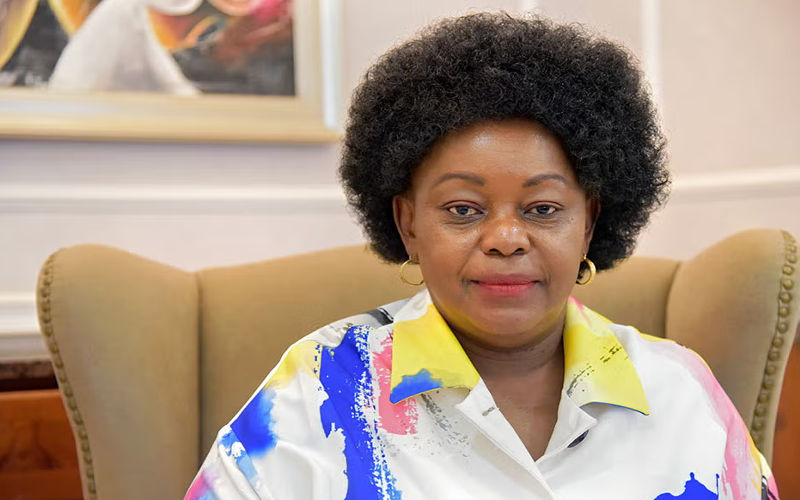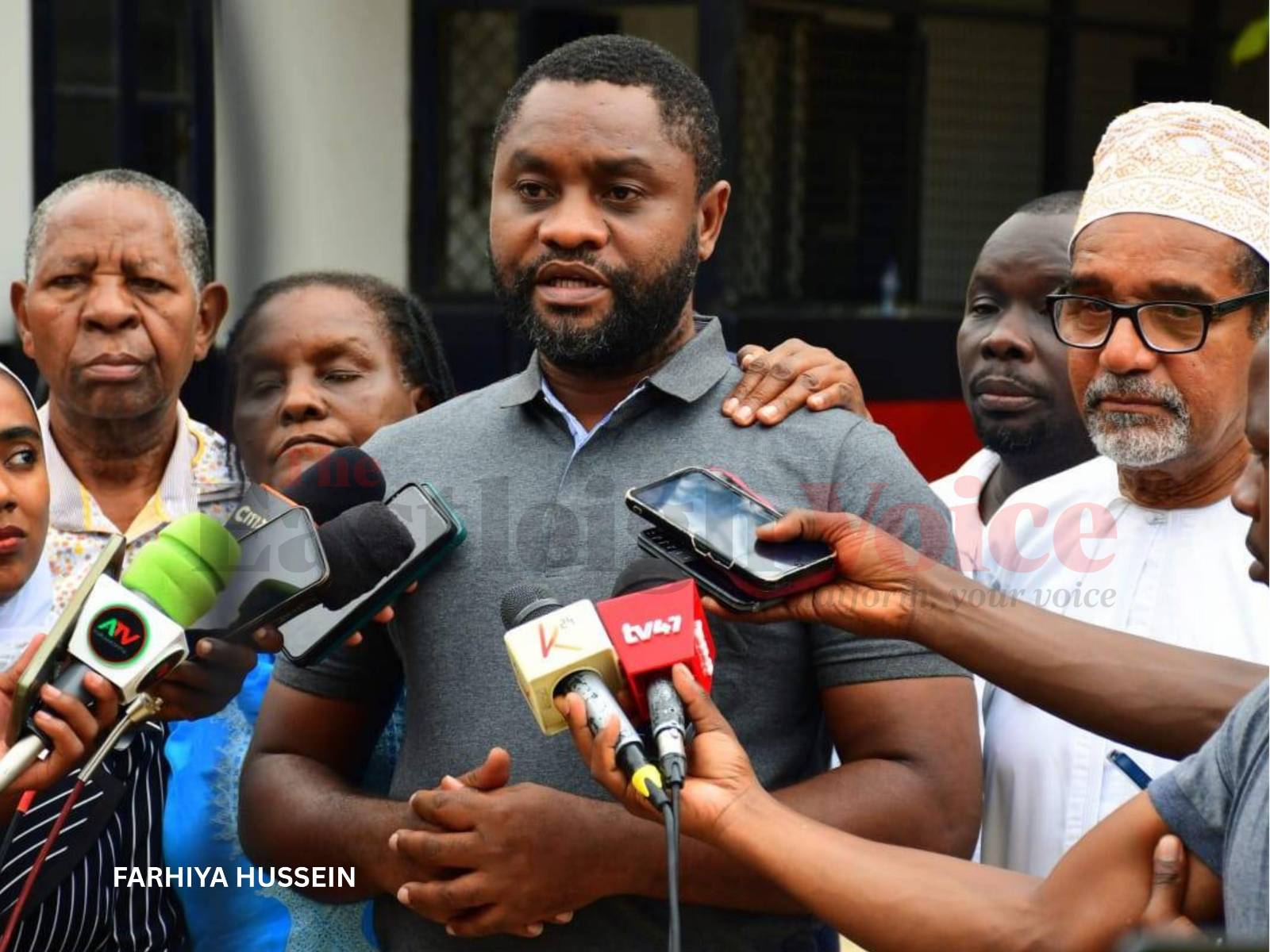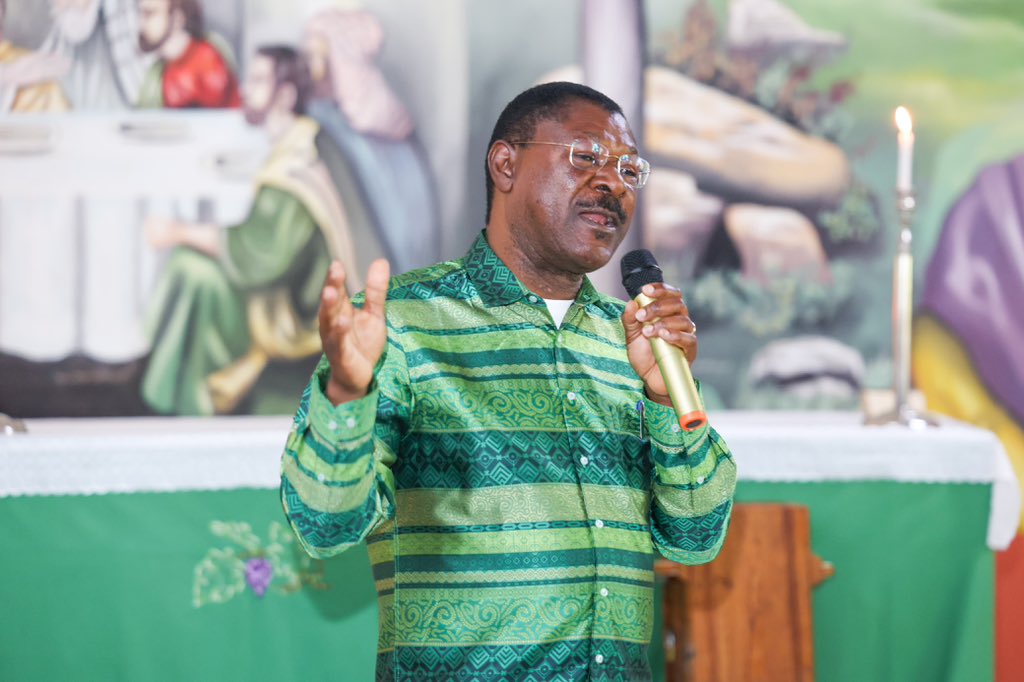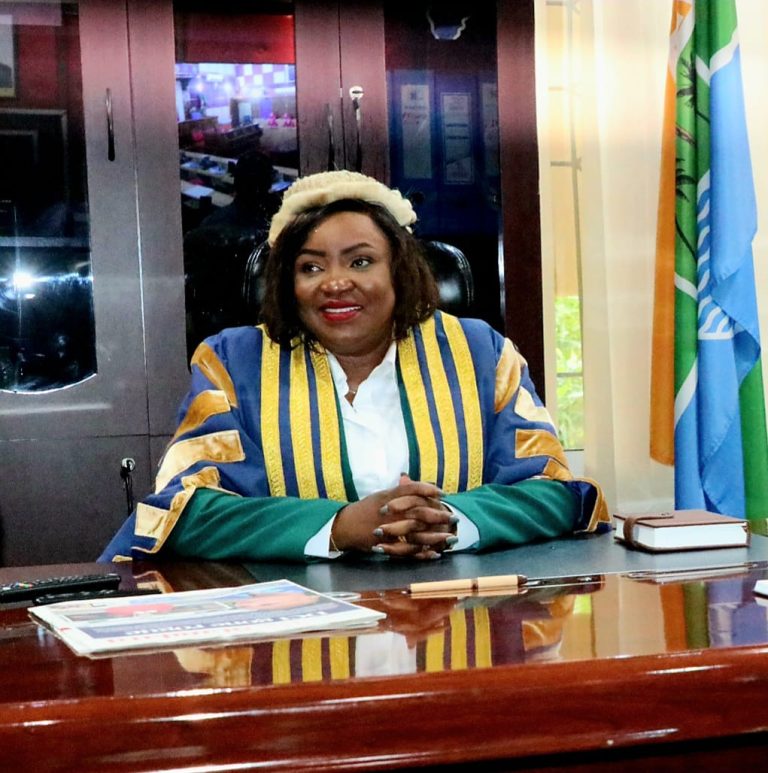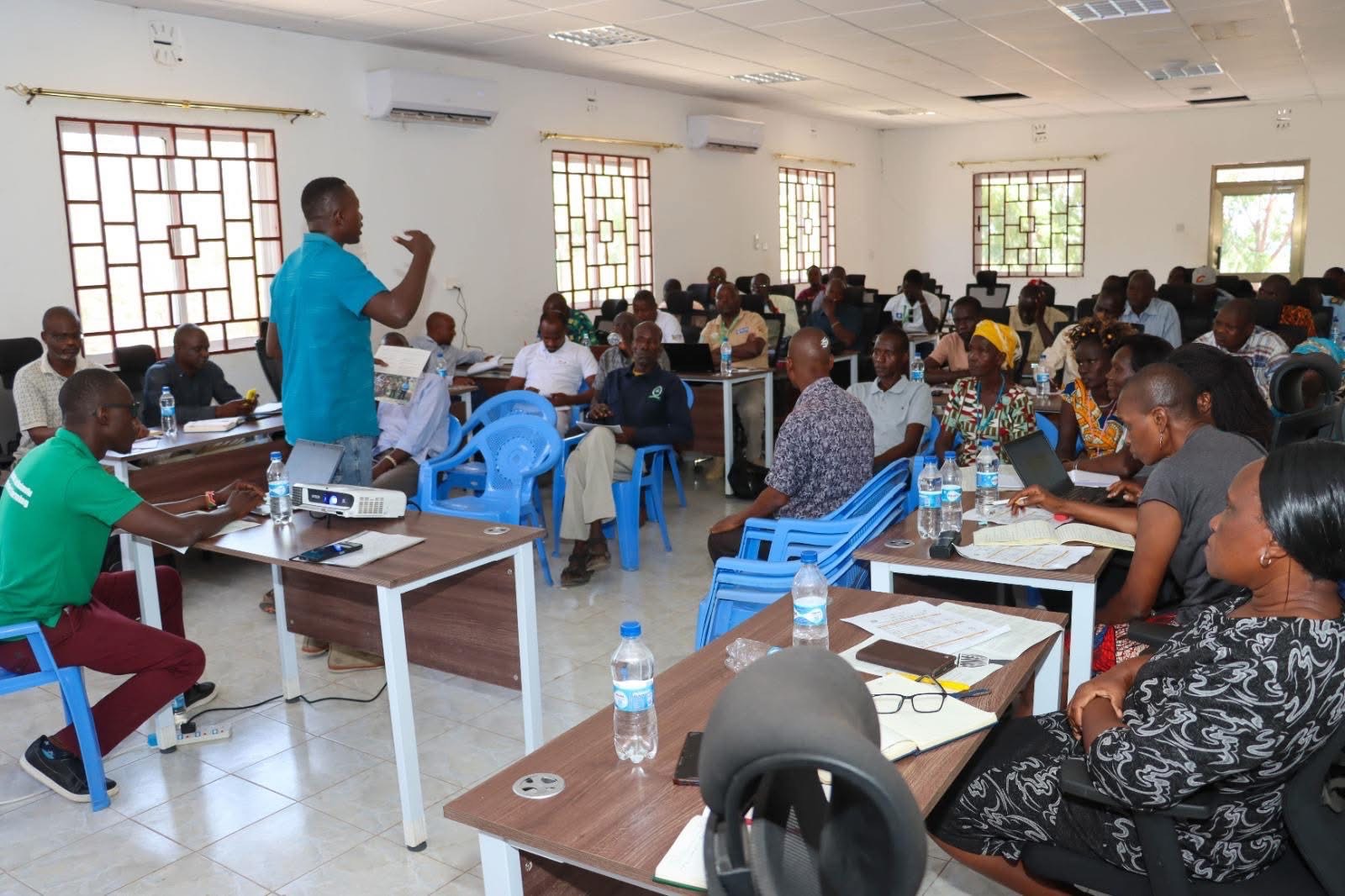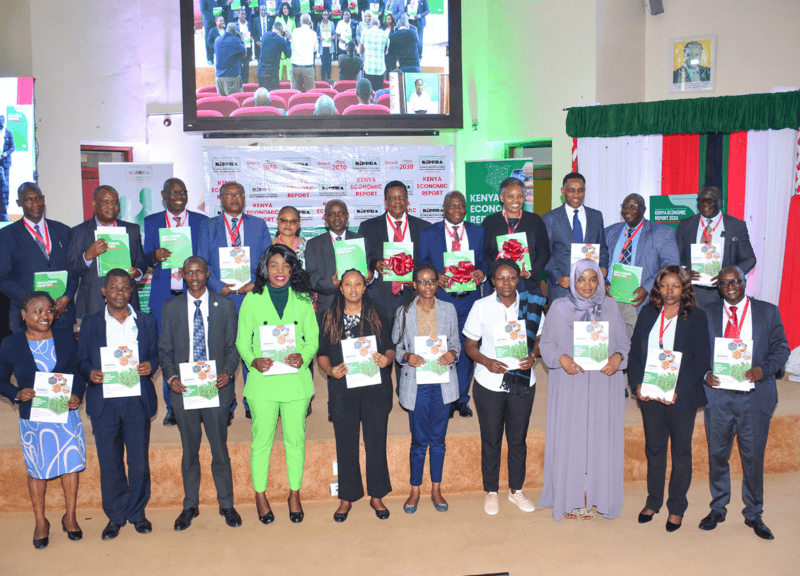Lamu launches Bajuni language books aimed at preserving heritage
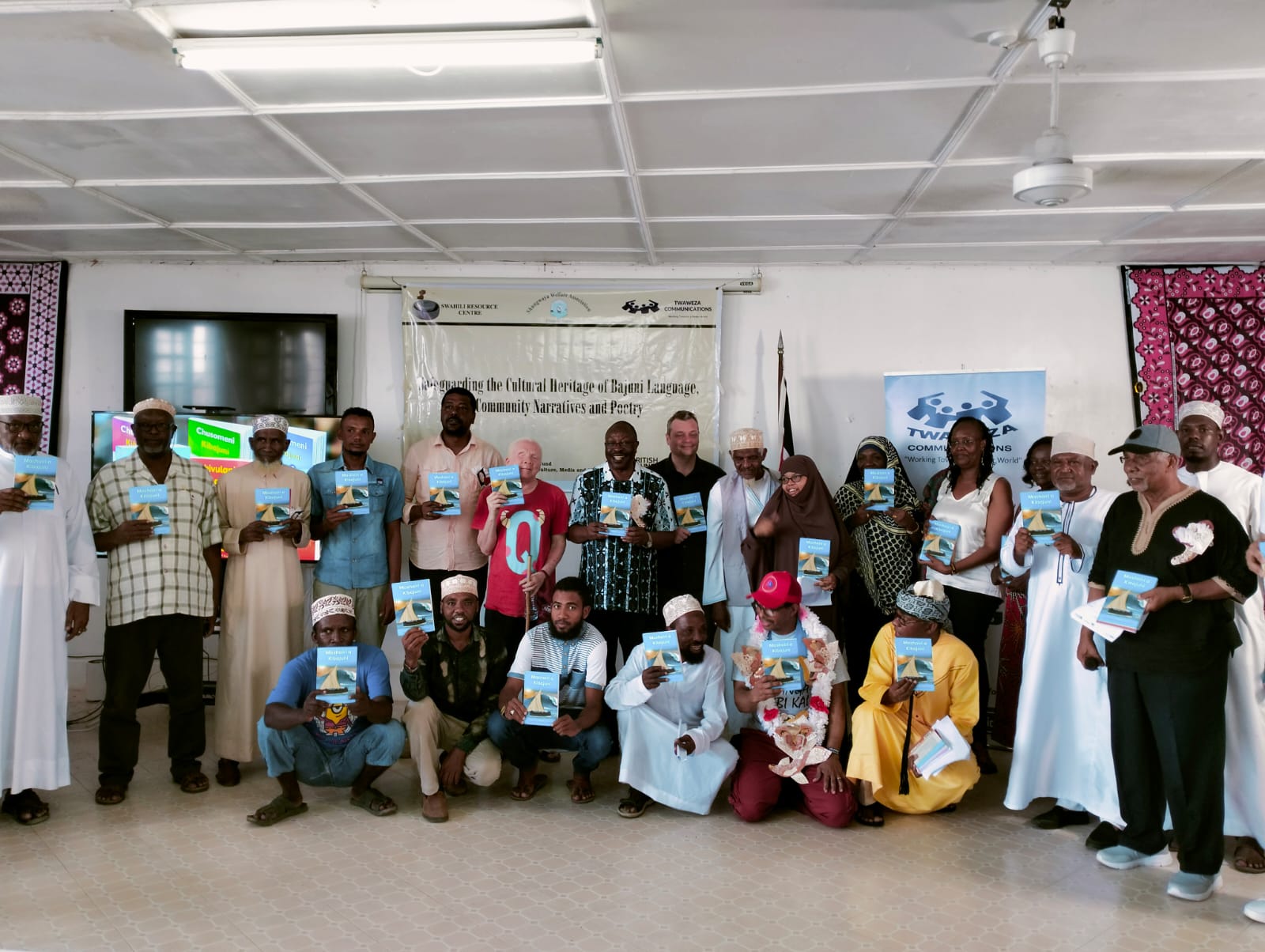
The newly unveiled books, including "Chusomeni Kibajuni" for Grades 1, 2, and 3, hold promise for promoting literacy among Bajuni children.
Lamu Island celebrated a significant cultural milestone with the launch of books in Kibajuni, marking the first-ever publication in the Bajuni dialect. This landmark event has ignited hope for the preservation and revitalization of the Bajuni language.
The launch, held at the Mwana Arafa Hotel, drew distinguished guests, including renowned authors, officials from the National Museums of Kenya (NMK), Unesco representatives, British Council officials, and esteemed Lamu elders. The event marked the completion of an extensive cultural heritage documentation project that aims to protect the linguistic traditions, oral history, and poetry of the Bajuni people.
More To Read
- Lamu’s King Fahd Hospital makes history with first laparoscopic kidney cancer surgery
- Lamu County unveils refugee peacebuilding programme in Kiunga
- MUHURI pursues justice for families of two killed in Lamu crash involving KDF vehicle
- Five elite officers killed, five injured in Al-Shabaab ambush in Lamu’s Boni Forest
- Lamu intensifies efforts to market region as key tourist destination
- Tension as Al-Shabaab insurgents storm Mangai village in Boni Forest, preach to locals
Initiated by Twaweza Communications Centre in collaboration with the Shungwaya Welfare Association and Swahili Resource Centre, the project received funding from the British Council Cultural Protection Fund and the Department for Digital Culture, Media, and Sport. The concerted effort marks a significant departure from the past, where the Bajuni language had largely been overlooked in formal literary circles.
Professor Kimani Njogu, lead partner at Twaweza Communications, underscored the importance of the documentation project.
"This initiative will generate invaluable records of the language and the rich history of the Bajuni community," he said.
He emphasised the creation of a vital resource for present and future generations, aiming to instill a sense of pride and belonging among the Bajuni people. He also emphasised the cultural significance of the Bajuni language, asserting, "It defines who they are and should be protected and promoted."
 Some of the Bajuni books on display at the Mwana Arafa Hotel in Lamu. (Handout)
Some of the Bajuni books on display at the Mwana Arafa Hotel in Lamu. (Handout)
Omar Lali, Secretary-General of the Shungwaya Welfare Association, highlighted the challenges faced by Bajuni youth in preserving their linguistic heritage. Lali urged the youth to embrace their language, emphasising its pivotal role in preserving the community's history and identity.
The newly unveiled books, including "Chusomeni Kibajuni" for Grades 1, 2, and 3, hold promise for promoting literacy among Bajuni children.
Mohamed Lali, Chairperson of the Shungwaya Welfare Association, expressed hopes for the establishment of a Bajuni Resource Centre to further enhance learning and cultural preservation efforts.
The launch also featured an anthology of over 100 poems in Kibajuni, a narrative poem titled "Shivulani ni Shaulani," and a collection of essays titled "Bajuni Land, Language, and Orature."
These literary endeavours aim to celebrate and preserve the diverse cultural expressions of the Bajuni community.
In addition to the publication of books, the project encompasses the development of a Bajuni cultural heritage website and training programmes for youth on cultural heritage documentation, aligning with the constitutional recognition of Kenya's diverse linguistic landscape.
The Unesco regional advisor on culture, Nagaoka Masanori, hailed the launch as a pivotal step in the preservation of Lamu's cultural heritage and its recognition as a Unesco World Heritage site. He underscored the intrinsic link between the Bajuni language and Lamu's cultural legacy, affirming the event's significance in safeguarding the region's cultural diversity.
The presence of esteemed guests, including British Council Country Director Tom Porter and Kenya National Commission for Unesco Assistant Director Emily Njeru, underscored the broader significance of the Bajuni language initiative in fostering cultural exchange.
Other Topics To Read
- Headlines
- Coast
- Lamu
- 2
- Kibajuni
- Mwana Arafa Hotel
- Bajuni
- Twaweza Communications
- Omar Lali
- Bajuni Resource Centre
- The newly unveiled books
- including "Chusomeni Kibajuni" for Grades 1
- and 3
- hold promise for promoting literacy among Bajuni children.
- Lamu launches Bajuni language books aimed at preserving heritage
- News
A Hidden Culture of Coastal Kenya
Nestled within the tranquil expanse of the Lamu archipelago, resides a community shrouded in mystery: the Bajuni. With a population of less than 100,000, this marginalised Bantu ethnic group remains largely unknown to the world despite their rich cultural heritage and resilient way of life.
Originating from the Bajuni Islands of Somalia and the coastal regions stretching from Kismayo to Mombasa, the Bajuni people have preserved their customs and traditions. Historically, they trace their roots to Shungwaya in Somalia, where conflicts with Cushitic communities forced their migration to their current abode.
Islamic faith forms the cornerstone of Bajuni society. With adherence to the Shafite school of thought, mosques stand as focal points where daily life converges around prayer and communal gatherings. Islamic teachings instill a generational bond with the religion in children from birth.
Traditional gender roles define Bajuni life, with men often engaged in fishing, farming, and trade, while women manage household affairs. Despite these roles, the community cherishes familial bonds and communal solidarity.
Language binds the Bajuni together, as they communicate in Tikuu, a variant of Swahili. Despite their diverse heritage, they maintain a distinct cultural identity, proudly referring to themselves as Wabajuni.
Top Stories Today
